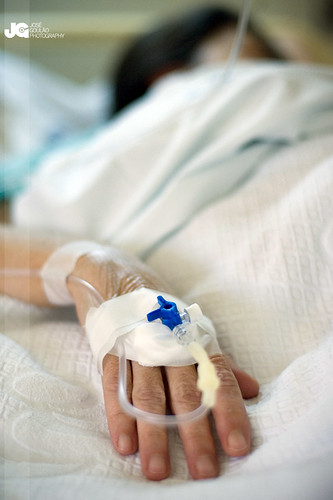
Symptoms of Mini Strokes and Why They Occur
The symptoms of mini strokes include weakness or numbness in the hands, arms, legs, face, or tongue, the inability to speak coherently, unexplained dizziness often accompanied by vertigo, and vision problems. If the symptoms resolve themselves, this is referred to as a mini stroke – if not, the person may be having an actual stroke. Regardless, the person needs immediate treatment when experiencing these symptoms.
Mini strokes occur when there is a blockage in the arteries that lead to the brain. The main difference between a mini stroke and full-blown stroke is that the blockage continues long enough to cause permanent brain damage.
The Importance of Treatment
Mini strokes must be treated immediately or it could lead to death. The reason is that in the first few days and weeks after a mini stroke, the person has the highest risk of having another stroke. In other words, this isn’t something that should be taken lightly. Strokes can kill.
How Mini Strokes are Treated
The first thing a medical professional will do is identify the cause of the mini stroke. This can be done through the use of CT or MRI scanning, imagining of the major blood vessels, and heart testing. While the symptoms specific to the mini stroke, more than likely, resolved on their own, the treatment lies in the problems that may have caused the stroke, such as hypertension or high cholesterol. In extreme cases, a blockage may need to be repaired through surgery to help prevent future strokes.
A mini stroke is nothing to scoff at or ignore. In the days and weeks following a mini stroke, you’re at a much higher risk of having another stroke that could cause permanent brain damage or death. This means that it’s extremely important to know the symptoms of a mini stroke and get medical attention immediately. It is especially important for those that have already had a mini stroke in the past or those that know people who have had one. Learn the symptoms and save a life.
About the Author: Natisha Rotner is a women’s health specialist. She counsels women on gynocological issues, the best way to kill candida infections, heart health, and the importance of weight management to support a healthy lifestyle.
